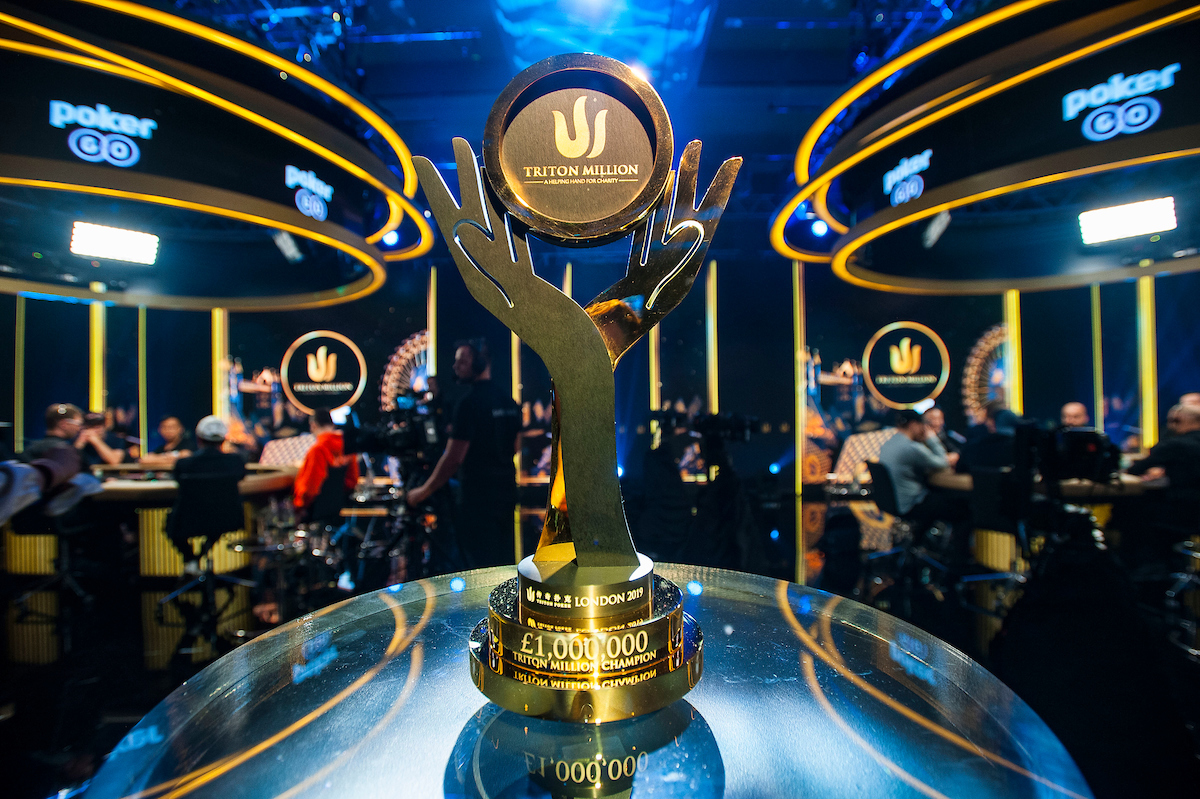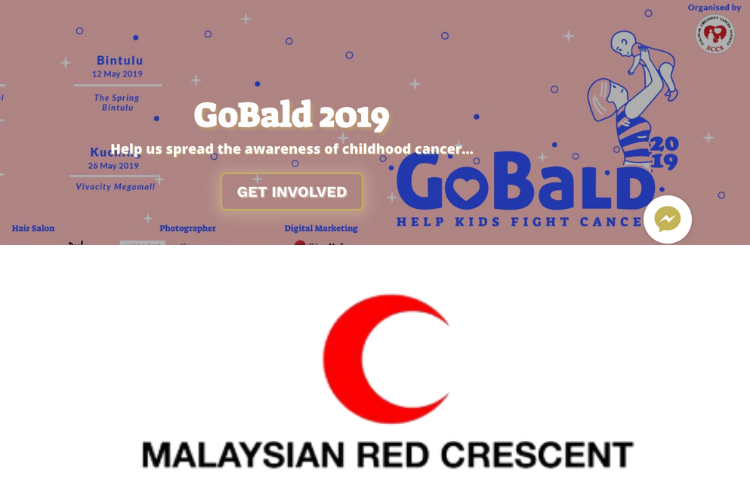The Triton Million – A Helping Hand for Charity is about much more than just the biggest buy-in and first prize in tournament poker history. In fact, in his introductory speech to the event earlier this week, Triton co-founder Paul Phua said the first priority when organising this spectacular tournament was its unique charitable aspect.
Don’t forget, the £50,000 entry fee appended to each £1 million buy-in goes directly to charity—that’s a helping hand worth at least £2.7 million.
This donation is in keeping with Triton’s guiding principle. The organisation has always been run as a not-for-profit entity, with any additional money earned being donated to charity, typically in south-east Asia where both Phua and Richard Yong, the Triton co-founders, grew up.
The spectacular London event sent money to charities based in Europe and Hong Kong, but here we focus on three selected non-profits in Yong and Phua’s native Malaysia.
Each will be receiving a significant donation from Triton.

The Malaysian Red Crescent Society has a very simple mission statement: “To prevent and reduce suffering, wherever it may be.” As the official Malaysian affiliate of the International Red Cross and Red Crescent Movement, the organisation has more than 20,000 volunteers across 16 states, and provides everything from ambulance services, disaster management relief and first aid training.
The Red Crescent Society also aims to engage and empower young people, inviting the “active and meaningful participation of youth and inclusion of their voice in the humanitarian work across governance, management, programmes, and service delivery and youth engagement centres”. More than 200,000 people between the ages of 10 and 30 are involved in the organisation’s activities. Having operated continuously since 1963, the Malaysian Red Crescent Society is globally respected and its volunteers are first responders to some of the most severe emergency zones.
“Go bald!” declares the website of the Sarawak Children’s Cancer Society (SCCS), inviting Malaysians to join the signature fundraising initiative of the Borneo-based charity, established in 1999, aimed at raising awareness of childhood cancer in the country. The first public head-shaving exercise took place in 2009 and since then the annual event has grown every year, with each shaven head offering crucial moral support to children with cancer as well as financial assistance to their families.
“Childhood illness is new and terrifying territory, and so we want each of our families to know that we are with them every step of the way,” a spokesperson for SCCS said. “SCCS recognizes the complexity of the pediatric cancer experience, and we understand that childhood illness affects every aspect of the lives of patients, siblings, and caregivers.”
The charity’s attention to detail is particularly special. It provides everything from “starter kits” to newly diagnosed children admitted to a ward, as well as buddy programs as children fight the disease. The “Wishing Star” project aims to create meaningful and magical moments for children undergoing treatment. Should the very worst happen, SCCS also offers bereavement support to families.
The charity is working 365 days a year to make sure that children living with cancer have the best care and the most enjoyable life they can. “No matter the prognosis and no matter the need, SCCS is there for its patients at every stage of the journey.”
The Miri Dialysis Centre is part of the Malaysia Red Crescent Society in Miri. It is the largest dialysis centre in the state and one of the modern centres in northern Sarawak, where it acts as the receiving end for local patients who are unable to get life-saving treatment for kidney complaints elsewhere. When the centre first opened in 1996, it had only six patients but the number of people using the centre on a regular basis has grown exponentially.
Photography by Joe Giron/PokerPhotoArchive

